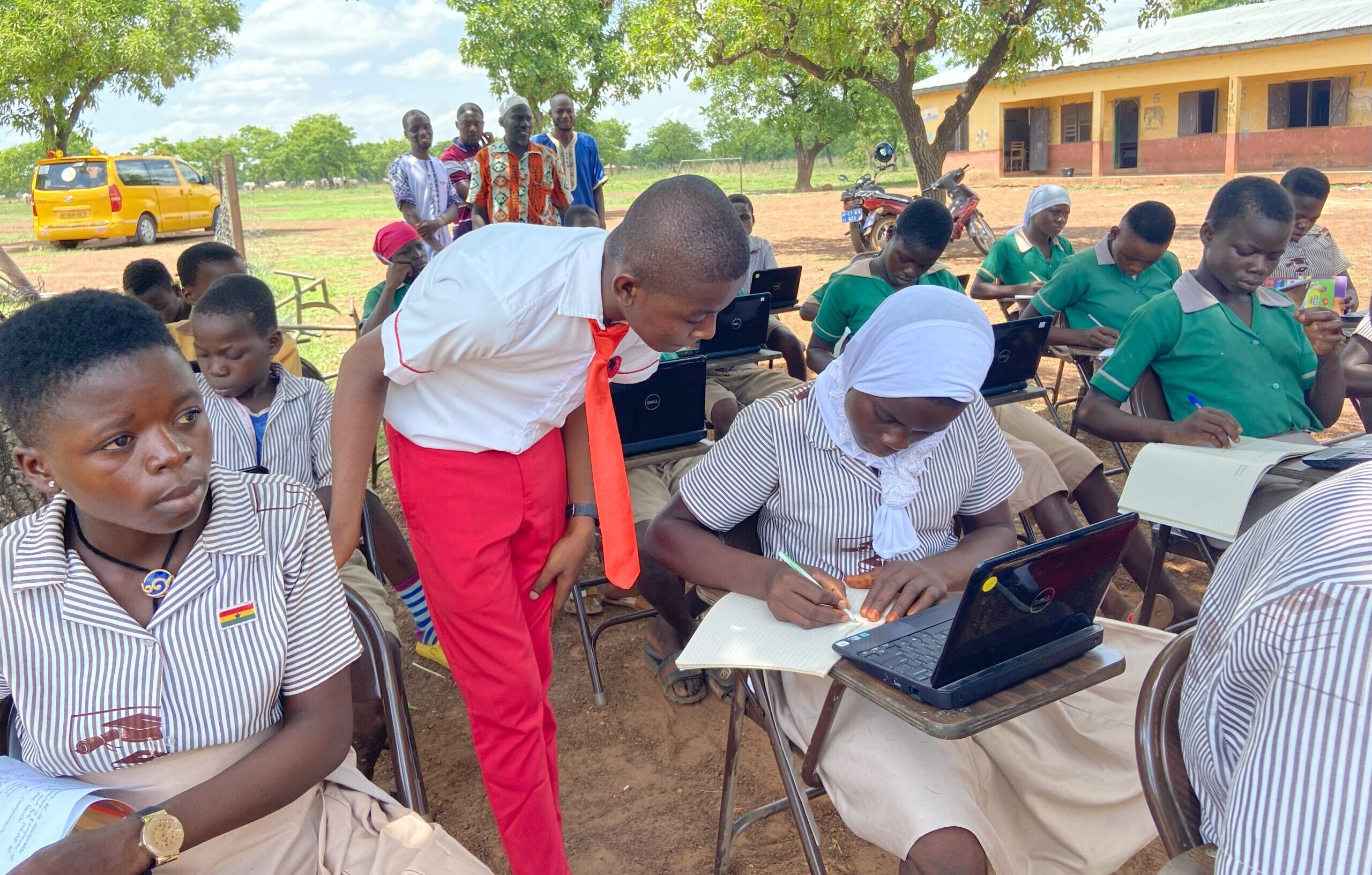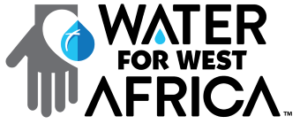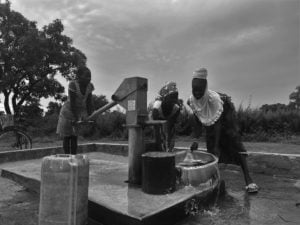– You Can Choose to Make a Difference –
We at Water for West Africa are passionate about improving access to clean water resources. When underserved people have access to clean water, it changes everything! Quality healthcare and access to clean water play crucial roles in fostering the well-being and prosperity of a community in various ways:
- Health Improvement: Clean water reduces the spread of waterborne diseases like cholera, typhoid, and diarrhea. In areas where clean water is scarce, these diseases are prevalent and can be fatal, especially for children. Access to clean water means fewer instances of illness and improved overall health.
- Enhanced Sanitation: Clean water facilitates better sanitation practices. With access to clean water, communities can maintain personal hygiene, clean cooking, and sanitation facilities, reducing the spread of diseases and improving overall living conditions.
- Economic Opportunities: Reliable access to clean water means less time spent fetching water, particularly for women and children, allowing them to engage in other productive activities such as education, work, or skill development. It can also stimulate economic growth as industries and agriculture rely on water for production.
- Faith-Based Solutions – As a faith-based organization, we demonstrate “Faith in Action” by attending to physical needs through WASH programs. Doing so is a powerful witness to the values and beliefs we embrace, showing a tangible expression of our love.
- Agricultural Development: Water is essential for agriculture. With clean water access, communities can cultivate crops more efficiently, increasing agricultural productivity and food security. It also supports livestock, providing better nutrition and economic stability for these communities.
- Education: Clean water availability can significantly impact education. Children, particularly girls, can attend school regularly when they don’t have to spend hours fetching water. Improved access to education can break the cycle of poverty in these communities.
- Community Empowerment: Access to clean water empowers communities. When they have control over their water sources, they become more self-reliant and can make informed decisions about usage and conservation, contributing to sustainable development.
- Conflict Reduction: Access to clean water can sometimes mitigate conflicts arising from disputes over water resources. When water is more readily available, tensions related to competition for scarce resources may decrease, contributing to peace and stability in the region.
Improving access to clean water in Northern West Africa often involves infrastructure development, such as building wells, boreholes, and water treatment facilities and educating communities about water conservation and sanitation practices. NGOs, governmental initiatives, and international aid programs play crucial roles in implementing these solutions and we are part of the solution positively changing these communities.




